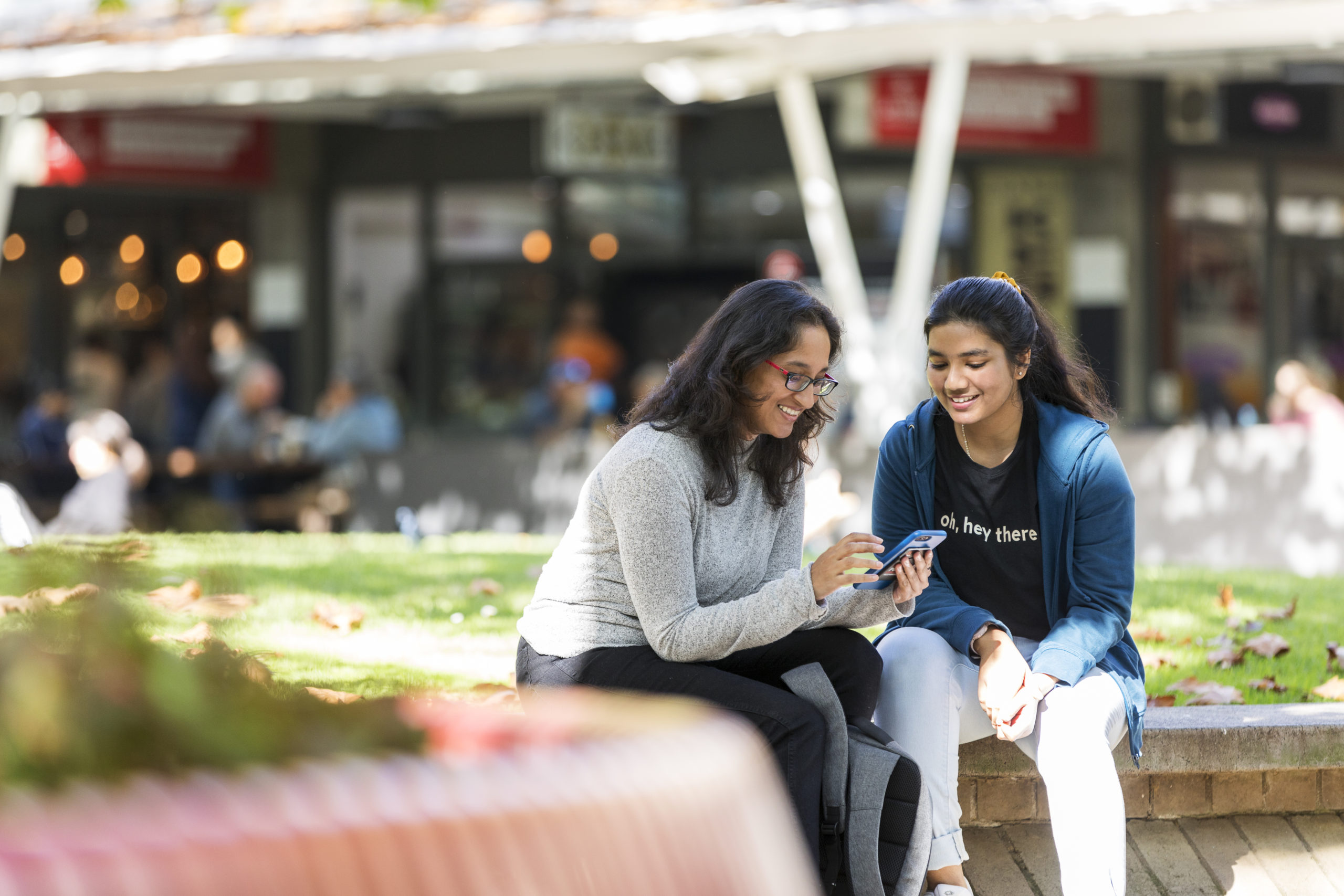Focusing on key factors that place students most at-risk, researchers have implemented practical, productive, and data-driven solutions across a range of programs to help students succeed.
Through the Raising Expectations program, La Trobe University researchers have developed support mechanisms including application assistance, financial aid, and counselling to improve the participation rates of young people from out-of-home care. As a result of the Raising Expectations program and its suite of support services, more than 670 care-leavers have now taken up study at partner universities and TAFEs, with over 150 course completions since 2020.
For more than three decades, researchers from the Australian Research Centre in Sex, Health and Society (ARCSHS) have also been conducting a longitudinal study to inform policy relating to sexual health and educational resources for young people. Since 1992, the Centre’s longitudinal study has surveyed Australian adolescents about their knowledge, behaviour, and educational experiences of sexual health and wellbeing. As a result, the ARCSHS has developed a long-term and evidence-based understanding of changing attitudes, programs, and policies for ensuring the sexual health and wellbeing of young people in Australia.
For other vulnerable young Australians, researchers at La Trobe University have also implemented changes to school curriculum, resources, and design to improve education outcomes for students from low-SES backgrounds and those with challenging behaviours. Focusing on the specific needs of vulnerable student groups in educational settings, this research has brought together holistic strategies to improve students’ wellbeing and success in education.





